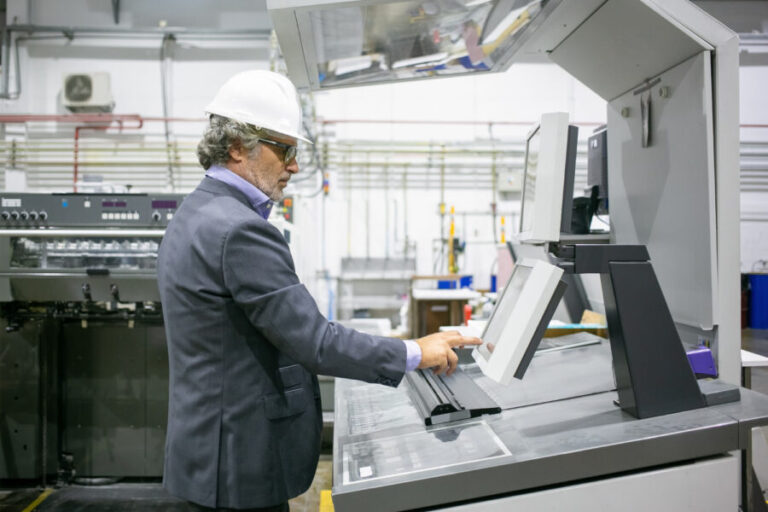As quantum computing evolves, its integration with classical systems has become essential for achieving practical, scalable solutions. Hybrid computing systems, which combine the power of quantum processors with classical technologies, rely heavily on semiconductors and CMOS (complementary metal-oxide-semiconductor) infrastructure. Erik Hosler, a champion of hybrid computing innovations, believes that these systems leverage the strengths of both computing paradigms, enabling unprecedented advancements in error correction, control mechanisms, and overall system performance.
The Role of Classical Systems in Quantum Computing
Quantum processors excel at solving specific problems, such as optimization or molecular simulation, but they are not standalone systems. Classical computing plays a critical role in managing quantum systems, performing tasks such as qubit initialization, error correction, and data interpretation. CMOS technology is at the heart of these classical control systems, offering a reliable and scalable platform for interfacing with quantum processors.
Erik Hosler observes, “Quantum computing relies on both quantum and classical technologies, and CMOS provides the critical infrastructure needed to manage and control quantum systems.” This interplay ensures that hybrid systems can handle the complexities of quantum operations while maintaining stability and precision.
Semiconductors as the Foundation of Hybrid Systems
Semiconductors are indispensable in creating hybrid computing systems. Classical control units within quantum systems rely on advanced chip designs that operate at high speeds and low power. These chips manage tasks like qubit calibration and error monitoring, which are crucial for maintaining quantum coherence.
CMOS technology, in particular, provides the scalability and integration needed to support hybrid systems. By embedding classical control circuits alongside quantum processors, CMOS-based solutions allow seamless communication between the two domains. This integration minimizes latency and ensures efficient data exchange, making hybrid systems more practical for real-world applications.
The Future of Hybrid Computing
As quantum computing advances, the collaboration between quantum and classical technologies will deepen. Researchers are exploring new semiconductor materials and architectures to further enhance the performance of hybrid systems. Innovations in thermal management, signal processing, and chip design are driving progress, making hybrid computing systems a cornerstone of the quantum revolution.
Hybrid systems represent a transformative step in computing, bridging the gap between today’s classical capabilities and the quantum breakthroughs of tomorrow. Through the integration of semiconductors and CMOS technology, these systems are paving the way for scalable, efficient, and versatile quantum applications. By combining the reliability of classical processors with the unparalleled problem-solving power of quantum systems, hybrid computing is unlocking solutions to challenges once deemed insurmountable. This synergy is not just advancing computation but also redefining industries like healthcare, finance, and artificial intelligence.
